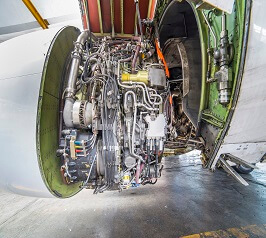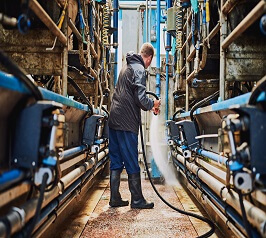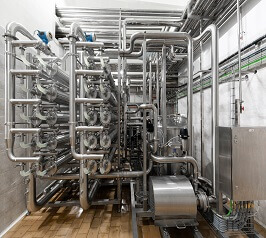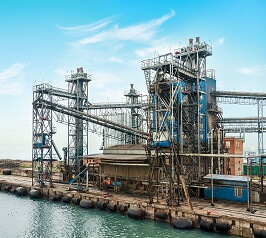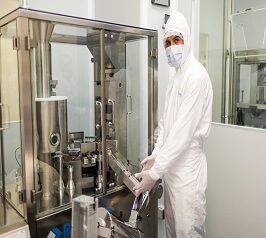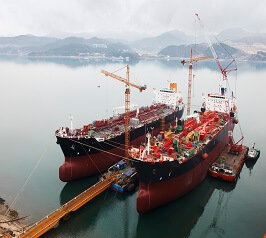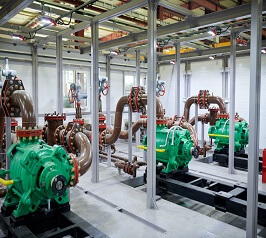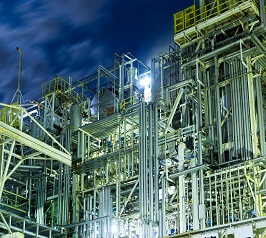904L Tube Fittings are specialized components valued in various industries for their excellent corrosion resistance, remarkable strength, and stellar performance under diverse conditions. These fittings made from 904L stainless steel, provide secure and reliable connections even in highly challenging environments.
A distinguishing feature of 904L stainless steel is its unique chemical composition. It comprises 20% chromium, 25% nickel, and 4.5% molybdenum, with additional traces of copper. The amalgamation of high nickel and molybdenum levels with the inclusion of copper bestows the 904L Tube Fittings with advanced resistance to acids, particularly in sulfuric acid. These fittings are less prone to the corrosion or rusting induced by harsh chemicals compared to conventional stainless steel fittings.
904L Tube Fittings display superior mechanical properties resulting in exceptional performance under various conditions. They possess a tensile strength of about 490 MPa and yield strength of 220 MPa, which allows them to withstand high pressures without deformation. Despite their hardness, these fittings retain excellent formability and ductility facilitating ease in manufacturing and application.
Due to their superior corrosive resistance and durability, ASTM B649 UNS N08904 Stainless Steel 904L Tube Fittings are aptly suited for a myriad of applications. They are primarily used in industries where superior corrosion resistance is paramount, such as the chemical processing industry where sulfuric, phosphoric, and acetic acids are prevalent. Moreover, they are extensively used in gas cleaning, desalination plants, and pollution control equipment. Because of their compatibility with welding, they are used extensively in the construction of tanks, vessels, pipes, heat exchangers, and flanges in several other sectors.
ASME SB 649 SS 904L Hydraulic Fittings crafted from unparalleled chemical composition and mechanical properties, provide reliable and lasting performance under various conditions. Their resistance to harsh corrosive environments and versatility in various applications makes them a crucial component in numerous industrial sectors that demand secure and reliable fluid or gas transfer applications.



